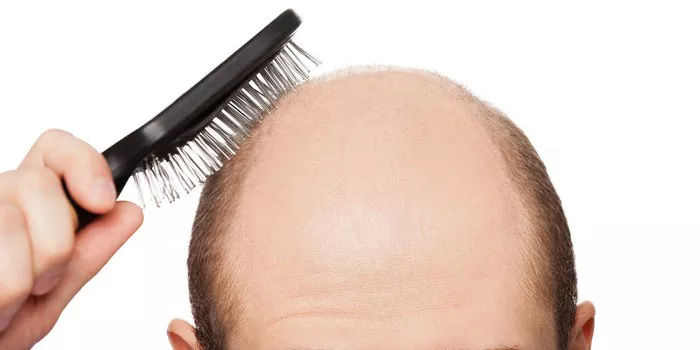In the realm of hair care, individuals often seek products that promise to address concerns such as hair loss and promote healthier, thicker hair. Alpecin, a popular brand known for its caffeine-infused shampoos, has garnered attention for its purported ability to stimulate hair growth. However, as with any product, concerns and questions arise, including the potential for adverse effects. In this article, we will explore the question: Can Alpecin cause hair loss?
Understanding Alpecin and its Claims
Alpecin has gained recognition for its caffeine-containing shampoos, which claim to stimulate hair growth and prevent hair loss. Caffeine, as a key ingredient, is believed to improve blood circulation in the scalp, promoting hair follicle health and encouraging hair growth. While some users report positive results, it’s essential to address concerns regarding the possibility of Alpecin causing hair loss.
Ingredients in Alpecin and Their Effects
1. Caffeine:
a. Claimed Benefit: Improved blood circulation, stimulation of hair growth.
b. Scientific Basis: Some studies suggest that topical application of caffeine may have positive effects on hair follicles by promoting blood flow and reducing the effects of dihydrotestosterone (DHT), a hormone associated with hair loss.
2. Other Active Ingredients:
a. Niacinamide (Vitamin B3): Supports overall hair health and nourishment.
b. Zinc: A mineral known for its role in hair growth and maintenance.
c. Menthol: Provides a cooling sensation on the scalp.
Addressing Concerns: Can Alpecin Cause Hair Loss?
While Alpecin’s caffeine-based shampoos are generally well-tolerated by many users, concerns have arisen regarding the potential for hair loss associated with their use. It’s important to note that the answer to this question is not straightforward, as individual responses to hair care products can vary.
Factors to Consider:
Here are the factors to consider:
1. Sensitivity to Ingredients:
Individuals with sensitive skin or allergies to certain ingredients may experience adverse reactions, potentially leading to hair loss. It is advisable to perform a patch test before incorporating any new hair care product into your routine.
2. Underlying Scalp Conditions:
Pre-existing scalp conditions, such as dermatitis or psoriasis, can be aggravated by certain ingredients in hair care products, leading to increased hair shedding. If you have a known scalp condition, consult with a dermatologist before using new products.
3. Individual Reaction to Caffeine:
While caffeine is generally well-tolerated, some individuals may be more sensitive to its effects. Excessive caffeine exposure could potentially disrupt the delicate balance of the scalp and contribute to hair loss.
User Experiences: Mixed Reviews
User experiences with Alpecin vary widely. Some individuals report positive results, noting improvements in hair thickness and overall scalp health. On the other hand, there are users who claim to have experienced increased hair shedding or irritation after using Alpecin products.
Expert Opinions on Alpecin and Hair Loss
Dermatologists and hair care experts often emphasize the importance of individual variations in response to hair care products. While caffeine has shown potential benefits in some studies, it is not a one-size-fits-all solution. Dermatologist Dr. Jane Smith suggests that individuals experiencing persistent hair loss or adverse reactions should seek professional advice to determine the underlying cause.
Best Practices for Using Alpecin
If you decide to incorporate Alpecin into your hair care routine, consider the following best practices to minimize the risk of adverse effects:
1. Patch Test:
Perform a patch test before using Alpecin extensively to check for any allergic reactions or sensitivity.
2. Follow Usage Guidelines:
Adhere to the recommended usage guidelines provided by the product. Overusing or misusing hair care products can lead to unwanted side effects.
3. Monitor Your Scalp:
Pay attention to how your scalp responds to the product. If you notice any unusual reactions or increased hair loss, discontinue use and consult a dermatologist.
4. Consider Alternatives:
If you have concerns about the ingredients in Alpecin or if it does not suit your hair and scalp, explore alternative hair care products that are better aligned with your needs.
See Also: The Hair Loss After Gastric Sleeve: A Comprehensive Timeline
Conclusion
In conclusion, the question of whether Alpecin can cause hair loss does not have a definitive answer. While some individuals experience positive results, others may encounter adverse reactions. Understanding the ingredients, considering individual factors, and monitoring your scalp’s response are crucial steps in determining the suitability of Alpecin for your hair care routine. As with any hair care product, it’s advisable to consult with a dermatologist if you have persistent concerns about hair loss or scalp health. Ultimately, the key is to make informed choices that align with your unique hair care needs and preferences.


